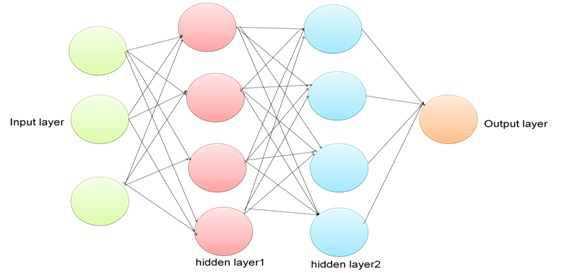- Cite article
- Download PDF
- Share article
- 24 Downloads
An economic system focused on low energy usage, low pollution, and low emission is known as a "low-carbon economy". The concept of environmentally friendly and low-carbon food packaging architecture directs practice growth and reform in accordance with the customer's green psychology. As the primary benchmark for packaging concerned with designing practices, it uses the green conceptual design of contemporary eco-environmental preservation and other meaningful reforms. It is significant need to mix people's developed green psychology with this issue in order to discover a solution for green packaging design. The design and use of eco-friendly and low-carbon food packaging is covered in this research. With the implementation of wireless sensor network (WSN) and Artificial Intelligence (AI) technique, it accomplishes the fusion of market and ecologically responsible design, enhances production effectiveness and product usage. The confidence weight information choice technique is used to determine the type of smart energy-saving packaging, and the fundamental element is that the energy usage vector is formed by an Artificial Neural Network (ANN). Packaging makers must reevaluate how design and the environment interact, eliminate packaging design pollutants, make environmental protection their top concern, and develop a design idea that complies with ecological ethics for the long-term profit of human survival. Environment, politics, economy, and social factors all play a role in how the food system functions and are influenced by them. Compared to traditional techniques for monitoring the environment We use wireless sensor networks to keep an eye on the agricultural environment because they have three key benefits: (1) There is no need to lay wire; (2) the system is only implemented once; (3) the nodes are dense; (4) collected data has good precision; and (5) sensor nodes with a specific calculation and storage capacity, enabling collaboration among nodes, are perfect for unsupervised monitoring system. The incorporation and handling of product packaging data is made possible by smart packaging technology, which is essential in the creation of low-carbon food packaging and helps
